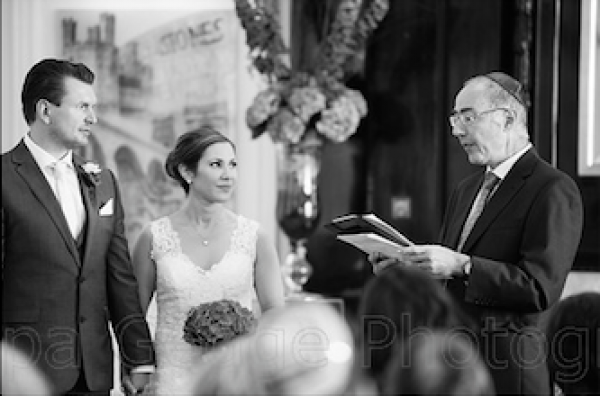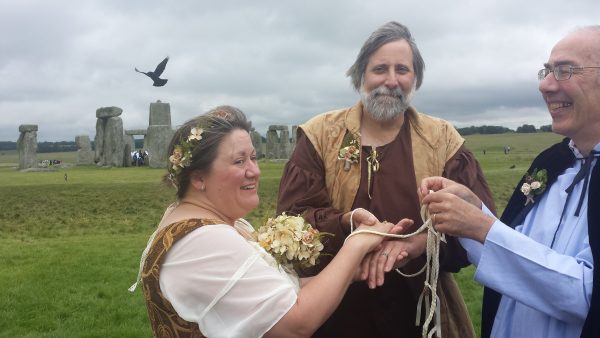One of the many things that attracted me to the role of civil celebrant was the fact that I could offer wedding freedoms.
I could educate people that they had a choice. After all, we’re talking about what should be the biggest day of their lives.
The old way
Up until 2009, I assumed that marriage meant you either attended a full religious service, as in a church, or the register office (fully secular).
Of course, lifestyles have changed and society has become more accepting. For example, same-sex weddings have become quite commonplace. One of the favourite ceremonies I have conducted, as it happens, was same-sex.
Nonetheless, as I constantly realise from personal experience, many people are unaware that wedding freedoms exist.
Sure, the old choices are still feasible for those who want them.
The new
However, you may be a devoted couple who may not share spiritual beliefs. Happily, you can now have a romantic ceremony that includes what really matters to you. All of us have the freedom to commit to each other, surrounded by family and friends, in venues of our choice. We can invite our chosen civil celebrant to design and conduct beautiful, meaningful ceremonies.

Photo: Philippa Gedge
I seem to be asked to help create a lot of part-religious ceremonies. Among them, I have led a full (well, 95%!) Jewish wedding, a wedding blessing for a Muslim and a Jewess, a Christian marrying a Jew (with a priest covering the Christian parts!) and a half-Jew marrying a pagan.
In this way, as long as the legal bits are dealt with by the registrars first, the exact degree of religiosity, of formality and tone are up to the couple. They can thus put their seal on the proceedings and make it an absolutely unique occasion.
The tailor-made service and the personalised style and special venue all contribute to a unforgettable, wonderful occasion – a far cry, for some, from the extremes of a full religious service or the register office.
I’m glad to say that we’ve come a long way from the rigidity of the past. Then you were offered only a standard 10 minute register office ceremony or a fixed, religious ceremony that was not unique to you and may have included words you were not comfortable with.
Those still work for people. But certainly not for everyone.
I believe that wedding freedoms surely make perfect sense, don’t they?
If you agree, please help me spread the word!

